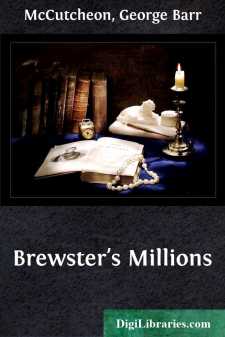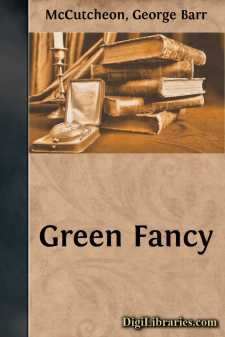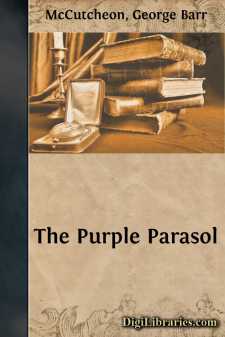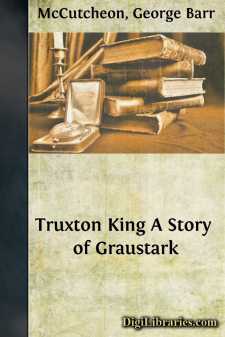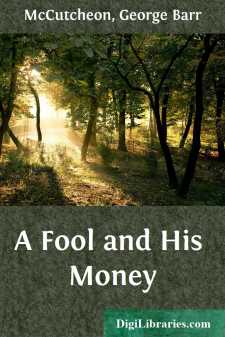Categories
- Antiques & Collectibles 13
- Architecture 36
- Art 48
- Bibles 22
- Biography & Autobiography 816
- Body, Mind & Spirit 145
- Business & Economics 28
- Children's Books 18
- Children's Fiction 14
- Computers 4
- Cooking 94
- Crafts & Hobbies 4
- Drama 346
- Education 58
- Family & Relationships 59
- Fiction 11834
- Foreign Language Study 3
- Games 19
- Gardening 17
- Health & Fitness 34
- History 1378
- House & Home 1
- Humor 147
- Juvenile Fiction 1873
- Juvenile Nonfiction 202
- Language Arts & Disciplines 89
- Law 16
- Literary Collections 686
- Literary Criticism 179
- Mathematics 13
- Medical 41
- Music 40
- Nature 179
- Non-Classifiable 1768
- Performing Arts 7
- Periodicals 1453
- Philosophy 66
- Photography 2
- Poetry 897
- Political Science 203
- Psychology 45
- Reference 154
- Religion 516
- Science 126
- Self-Help 86
- Social Science 82
- Sports & Recreation 34
- Study Aids 3
- Technology & Engineering 59
- Transportation 23
- Travel 463
- True Crime 29
Our website is made possible by displaying online advertisements to our visitors.
Please consider supporting us by disabling your ad blocker.
Viola Gwyn
Description:
Excerpt
THE BEGINNING
Kenneth Gwynne was five years old when his father ran away with
Rachel Carter, a widow. This was in the spring of 1812, and in
the fall his mother died. His grandparents brought him up to hate
Rachel Carter, an evil woman.
She was his mother's friend and she had slain her with the viper's tooth. From the day that his questioning intelligence seized upon the truth that had been so carefully withheld from him by his broken-hearted mother and those who spoke behind the hand when he was near,—from that day he hated Rachel Carter with all his hot and outraged heart. He came to think of her as the embodiment of all that was evil,—for those were the days when there was no middle-ground for sin and women were either white or scarlet.
He rejoiced in the belief that in good time Rachel Carter would come to roast in the everlasting fires of hell, grovelling and wailing at the feet of Satan, the while his lovely mother looked down upon her in pity,—even then he wondered if such a thing were possible,—from her seat beside God in His Heaven. He had no doubts about this. Hell and heaven were real to him, and all sinners went below. On the other hand, his father would be permitted to repent and would instantly go to heaven. It was inconceivable that his big, strong, well-beloved father should go to the bad place. But Mrs. Carter would! Nothing could save her! God would not pay any attention to her if she tried to repent; He would know it was only "make-believe" if she got down on her knees and prayed for forgiveness. He was convinced that Rachel Carter could not fool God. Besides, would not his mother be there to remind Him in case He could not exactly remember what Rachel Carter had done? And were there not dozens of good, honest people in the village who would probably be in Heaven by that time and ready to stand before the throne and bear witness that she was a bad woman?
No, Rachel Carter could never get into Heaven. He was glad. No matter if the Scriptures did say all that about the sinner who repents, he did not believe that God would let her in. He supported this belief by the profoundly childish contention that if God let EVERYBODY in, then there would be no use having a hell at all. What was the use of being good all your life if the bad people could get into Heaven at the last minute by telling God they were sorry and never would do anything bad again as long as they lived? And was not God the wisest Being in all the world? He knew EVERYTHING! He knew all about Rachel Carter. She would go to the bad place and stay there forever, even after the "resurrection" and the end of the world by fire in 1883, a calamity to which he looked forward with grave concern and no little trepidation at the thoughtful age of six.
At first they told him his father had gone off as a soldier to fight against the Indians and the British. He knew that a war was going on. Men with guns were drilling in the pasture up beyond his grandfather's house, and there was talk of Indian "massacrees," and Simon Girty's warriors, and British red-coats, and the awful things that happened to little boys who disobeyed their elders and went swimming, or berrying, or told even the teeniest kind of fibs....







